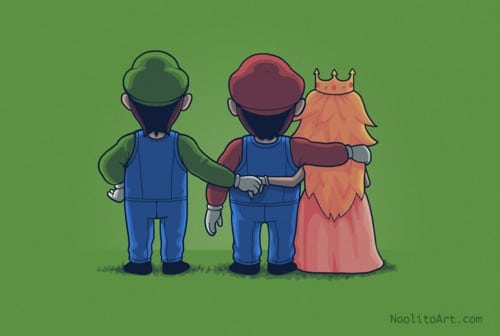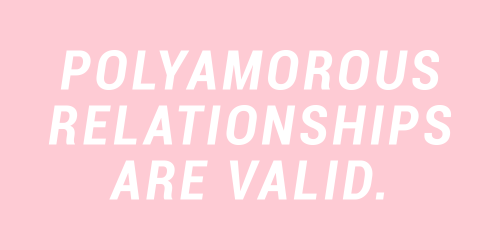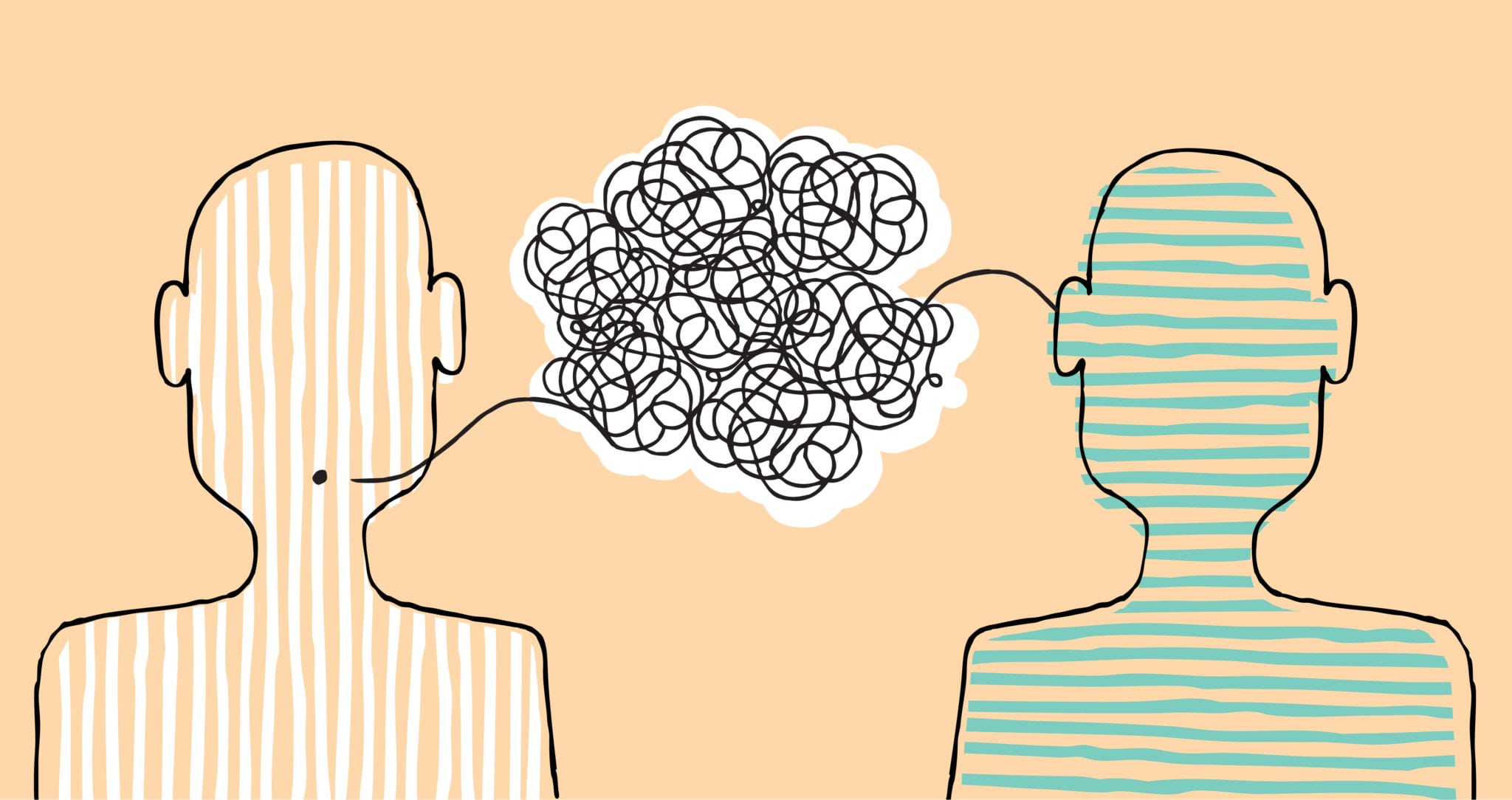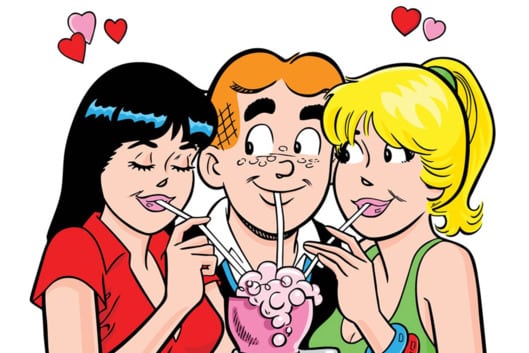Think: Why is the world full of unfairness? Our society is grounded on a logic called “either or” – you’re either a man or a woman, heterosexual or gay, white or black, virgin or whore. These structures are biased and thus unfair! Just look at human relationships and you’ll find out that other forms of relationships, aside from heterosexual monogamy, are often seen as bad or weird in our society. This kind of thinking must be fixed because it’s wrong. The thing is that as long as those who are involved in the relationships stay healthy and happy, why the hell out they to be judged?
Now let’s think about how monogamy gained its power. Monogamy is actually strengthened by the cultural ideas of cheating. In general, we are taught that the act of cheating is bad. As we can often see in dramas or movies, those who cheat often end up being dumped, divorced, or punished because they are regarded as morally corrupt. Also, through mass media, we are taught that any triangular relationship is going to be unstable, short-term, and competitive. This idea leads us to think that in order to have a healthy relationship, monogamy is the best (and perhaps the only) option that we can have.
Besides the idea of cheating, the idea of “one true love” that we all want to believe enforces monogamy. If you believe in this one true love, it not only means that you can only have an intimate relationship with one person at a time, but also that you are/can can only attracted to one other person during the course of your entire life. For some people, this works wonderfully and is a great choice for them. For others, they may want to look into nonmonogamous options like open relationships and polyamory.
As numerous surveys have confirmed, the number of people who cheat counts for almost one third of the population. This tells us that the idea of one true love is often a romantic myth that is socially constructed. I’m not saying that having one true love is bad or it’s an impossible mission. Some people do find it and are very happy – but certainly not all, or even the majority. NOT everyone is suitable to this kind of relationship style. In this way, those who cheat in a monogamous relationship are not only cheating their partner but also the monogamy system itself. And among these cheaters, probably some would cheat again and some others would point out, “This isn’t right for me. I may be poly.”
In polyamory, you don’t need to give up one partner in order to be intimate with another. That’s because it is not morally or ethically wrong to have sexual and/or romantic relationships with more than one person at a time. In fact, with a lot of communication and trust, poly relationships can be cooperative, long-term, and positive for everyone involved.
But aren’t they going to be jealous? Well, jealousy is a difficult feeling to cope with, but if you can switch your mindset into, “I am happy for you,” then your partner should also treat you as equal when you are enjoying the company of someone else. Remember this: We can attempt to meet the desires of others but we do not rule over their desires. A relationship that expects complete sexual or emotional linking might not be impossible. According to a Big Think article, it might even be “immoral” because “why can’t we have multiple individuals meeting us in our multiple desires?”
Because achieving multiple desires with multiple individuals is not regarded as immoral in polyamory, the “cheating” concept that we usually believe is thus not relevant to the case. Unlike monogamy, “cheating” only occurs in polyamory when a partner is lying or being deceptive about their activities with any other partner. It is not the act of having sex with the others but the act of hiding it from the others that is ethically wrong in polyamorous relationships.
Finally, no matter whether you decide to be mono or poly, the most important thing is to stay happy and healthy in the relationship style that you have chosen. Also, I want to stress that there is no good or bad between monogamy and polyamory, as each form is created and applied in order to suit the needs and desires of unique and diverse human beings! So, mono or poly? Your choice.







